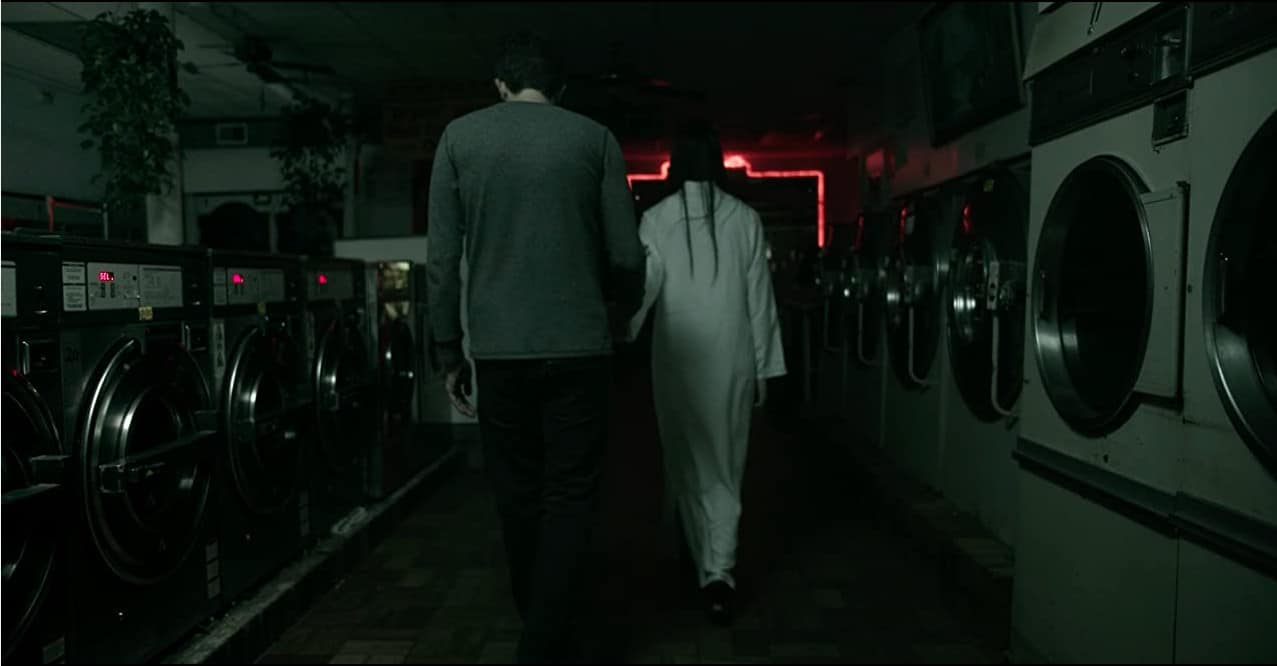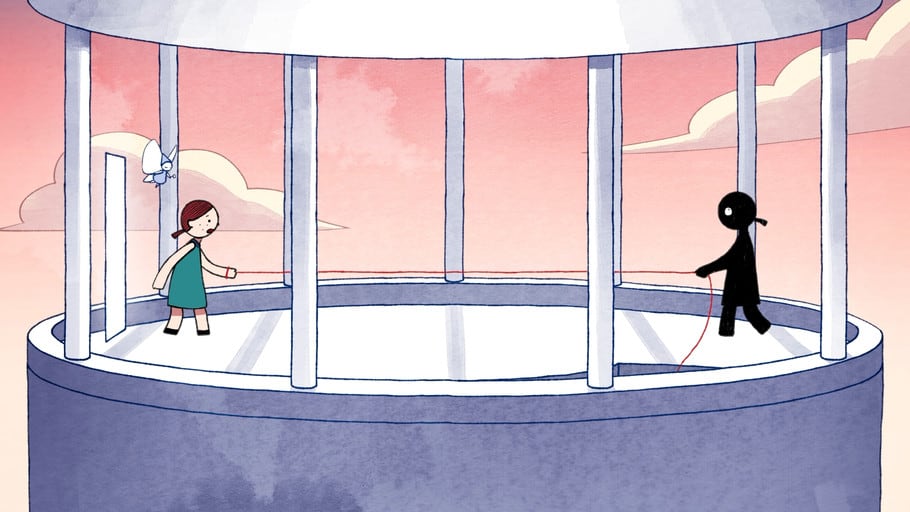Food and particularly bento is a very important concept for the Japanese, as it has been explored in a number of titles, many of which have been included in our list about food movies. Based on the essay “Kyo mo Iyagarase Bento”, Tsukamoto uses the theme to present a story of the relationship between a single mother and her adolescent daughter, and to make a number of comments regarding the notion of family.
“Bento Harassment” is screening at Toronto Japanese Film Festival

Kaori is a single mother with two daughters: Wakaba, who has already left home, and the younger one, Futaba, who has reached that level of adolescence where all grownups are considered enemies. Kaori holds two jobs in order to make ends meet, but Futaba does not seem to appreciate the fact at all, as she has, essentially, stopped talking to her mother, communicating just through her smart phone. A fed-up Kaori decides to “take revenge”, which in her case, comes into the form of symbolic bento boxes she decides to start preparing for her daughter every day. The first one has the food spelling “Wash your Dishes” before one featuring Sadako comes up. Futaba is embarrassed initially, but still eats her meal to the last seed of rice, while soon the bento become attractions for her whole class, who cannot wait to see what Kaori has prepared. Furthermore, Kaori decides to start a blog about her endeavors, which soon becomes quite popular, and even brings her into contact with a single father who is struggling with his kindergarten son. Even more surprisingly, her plan works and Futaba starts opening up to her. However, as adolescence hits again in the face of a boy from school she likes, tension rises once more, while Kaori's efforts on top of her two jobs, eventually take a toll.
The film has a dramatic base that includes the single mother theme along with the single father and the way the story eventually unfolds, that could even lead to a melodrama if Tsukamoto wished to structure it like that. However, and despite some intensely dramatic moments here and there, the overall style of the movie is that of a quirky comedy, which revolves around the ingenious variety of bento meals Kaori is preparing and the way Futaba reacts to them.
The first element is what makes the movie stand out from the plethora of similar ones in Japanese cinema, with the way each bento is shaped highlighting both the imagination and meticulousness that characterizes the Japanese way of doing things, which of course extends to the food.
The second element, and particularly the way Futaba enjoys the attention both her mother and her class have for her and her bento, but desperately tries to keep her feelings bottled in the misplaced antagonism she feels for the former, is excellently portrayed and quite adorable actually, with Kyoko Yoshine giving a great performance in the part.
The comment about the difficulties single parents face in contemporary Japan is another main element of the narrative, although mostly implied, at least compared with the rest. The fact that parents do not know their children is also highlighted, but in this case, the story seems to put the blame mostly on kids, as Futaba is presented particularly egoistical, while it also seems to promote extra care from the parents' side as a solution, although Tsukamoto also shows how exhausting this practice can be. Furthermore, the comment about how much work it takes for parents to communicate with their children, particularly from the former's side, is as eloquent as it is realistic.
The combination of all the aforementioned with the subtle, tour guide of the Hachijo Island element, results in an overall delightful spectacle, which also owes much to Hiro'o Yanagida's bright and shiny cinematography, and the overall sense of humor that permeates the narrative. Soichi Ueno's editing induces the movie with a very suitable fast pace; however, some subplots seem to take too much time away from the main story (even the single father one) while the story seems to lag somewhat during the end, a practice that, unfortunately, has become common in Japanese family movies.
On the other hand, Ryoko Shinohara gives a wonderful performance as a single mother giving her all in order to approach her daughter, while Tsukamoto has also included some elements that make her seem even cooler, as she also frequently likes to drink with her friends, for example. Additionally, the few moments she erupts, either in comedic or dramatic fashion, are the highlights of her performance.
“Bento Harassment” could be a bit briefer, but in general is quite fun to watch and also manages to communicate its comments quite well.















